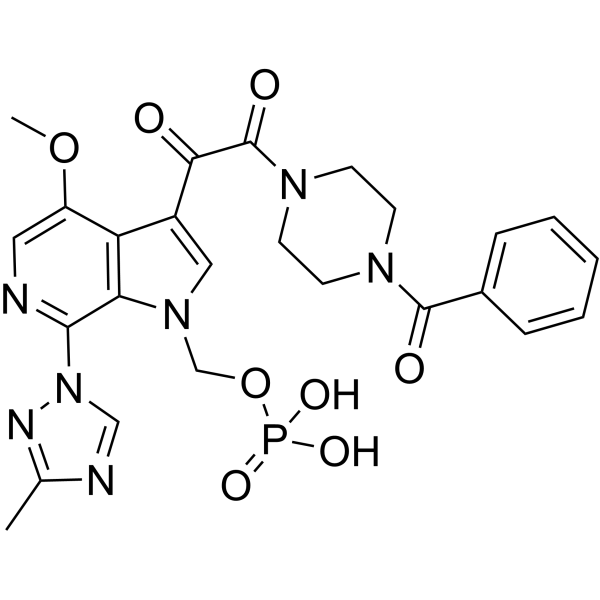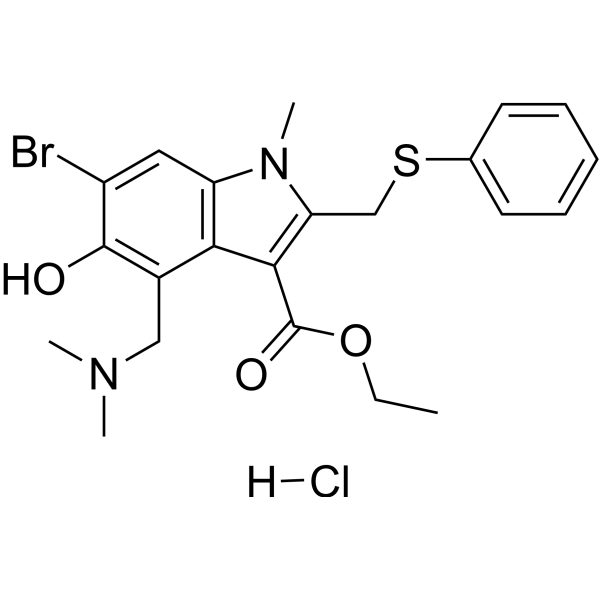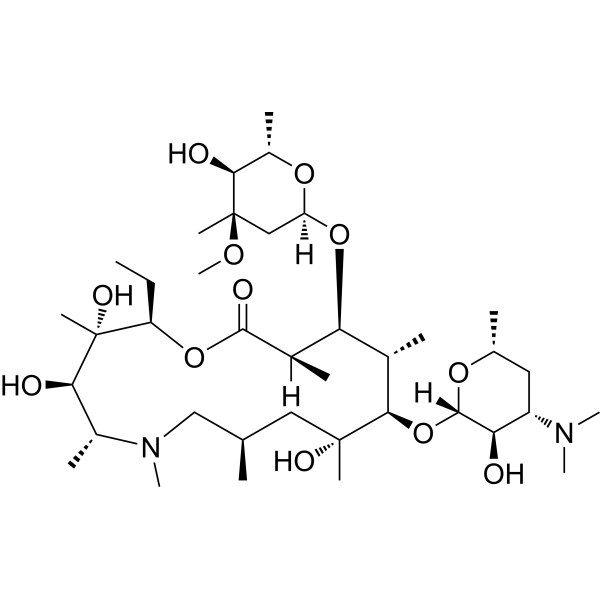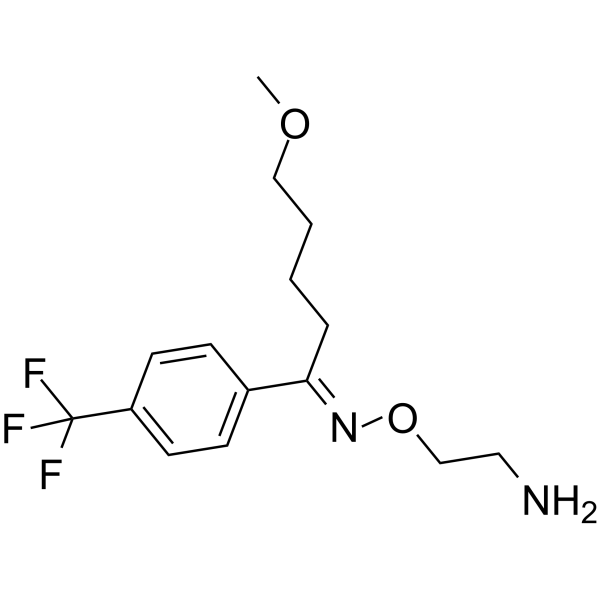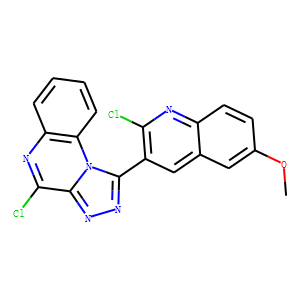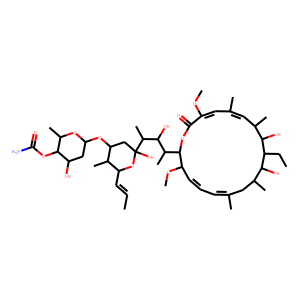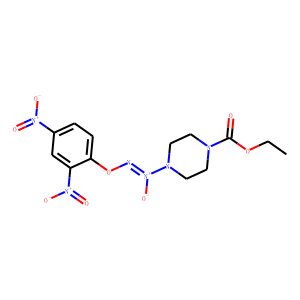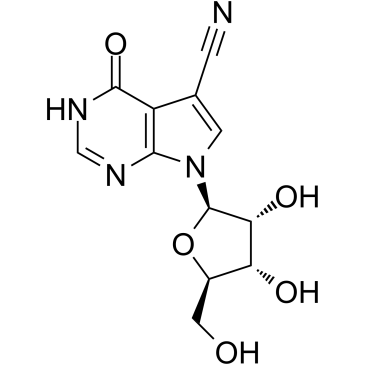Viral Entry
Viral Entry Inhibitors are a vital category of compounds designed to prevent or interfere with the initial stages of viral infection. These inhibitors target the crucial process of viral entry into host cells, which is essential for viral replication. By blocking the interaction between viral surface proteins and host cell receptors, Viral Entry Inhibitors effectively disrupt viral adhesion, fusion, and internalization. This class of compounds is particularly important in the development of antiviral therapies, as it offers a method to prevent infection before the virus can begin replicating. Viral Entry Inhibitors are used in the treatment and prevention of a wide range of viral diseases, including HIV, influenza, respiratory syncytial virus (RSV), and coronaviruses like SARS-CoV-2. These inhibitors are often designed to target specific viral proteins, such as the spike protein in coronaviruses or the envelope protein in HIV, and can play a critical role in developing therapies for emerging viral threats.

